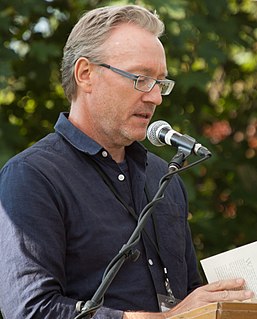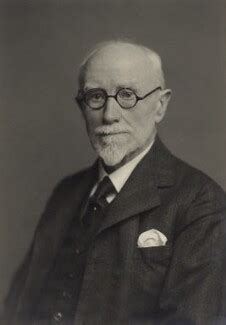A Quote by Michael Helm
Many of the concepts we once thought belonged to speculation or science fiction are now part of our understood reality.
Quote Topics
Related Quotes
Literary science fiction is a very, very narrow band of the publishing business. I love science fiction in more of a pop-culture sense. And by the way, the line between science fiction and reality has blurred a lot in my life doing deep ocean expeditions and working on actual space projects and so on. So I tend to be more fascinated by the reality of the science-fiction world in which we live.
On the threshold of the moral world we meet the idea of Freedom, 'one of the weightiest concepts man has ever formed,' once a dogma, in the course of time a hypothesis, now in the eyes of many a fiction, yet we cannot do without it, even although we may be firmly convinced that our acts are determined by laws that cannot be broken.
Very little in science fiction can transcend the gimmickry of a technical conceit, yet without that conceit at its heart a book is not truly science fiction. Furthermore, so little emerging thought and technology is employed by sf writers today that the genre is lagging far behind reality both in the cosmology area and the technology area: sf is no longer a place to experiment, but is now very derivative.
There's no real objection to escapism, in the right places... We all want to escape occasionally. But science fiction is often very far from escapism, in fact you might say that science fiction is escape into reality... It's a fiction which does concern itself with real issues: the origin of man; our future. In fact I can't think of any form of literature which is more concerned with real issues, reality.
There is a philosophy that says that if something is unobservable -- unobservable in principle -- it is not part of science. If there is no way to falsify or confirm a hypothesis, it belongs to the realm of metaphysical speculation, together with astrology and spiritualism. By that standard, most of the universe has no scientific reality -- it's just a figment of our imaginations.






































